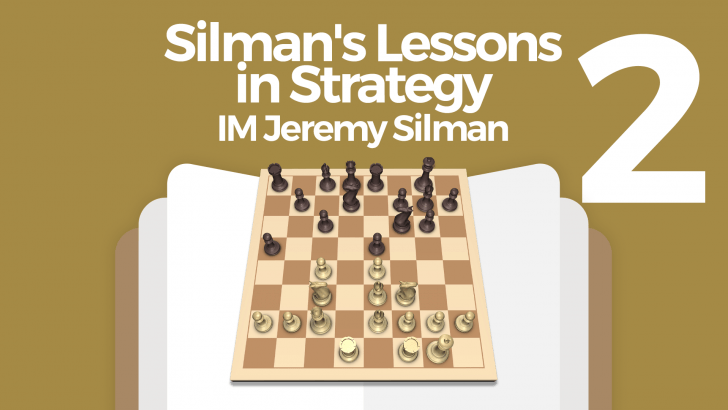Silman's Lessons in Strategy (2)
Challenge your strategic knowledge with IM Jeremy Silman!
Did you work through Silman’s Lessons on strategy and you’re looking for more challenges? Then this is the perfect follow up course for you! In this module, IM Jeremy Silman continues with strategic positional challenges. Some are long, and experts and masters will not find many of these to be easy. The course also provides a look into some of the top players and chess tales of the 1990s. Improve your strategic abilities today!
Here is what you will learn:
- The importance of keeping an open mind.
- How to take advantage of holes in an opponent's position.
- Various ways to break down a powerful pawn center.
- How to turn advantages in space and development into something more tangible.
"I learned more chess from Mr. Silman than anybody else. The amount of effort he has put into teaching chess and making it fun and accessible to everyone is incalculable. I started from 1200 several years ago in an advanced age with a goal to play 1800 OTB chess one day. I quickly discovered Mr. Silmans works. Made it to 1970 FIDE, beat a couple of 2200s, in large part because of Mr. Silman’s books and very chess strategy lessons. Done all of them (!) on chess.com and have read nearly every article with great pleasure. Thank you Mr. Silman." - Chess.com member Gus2105
